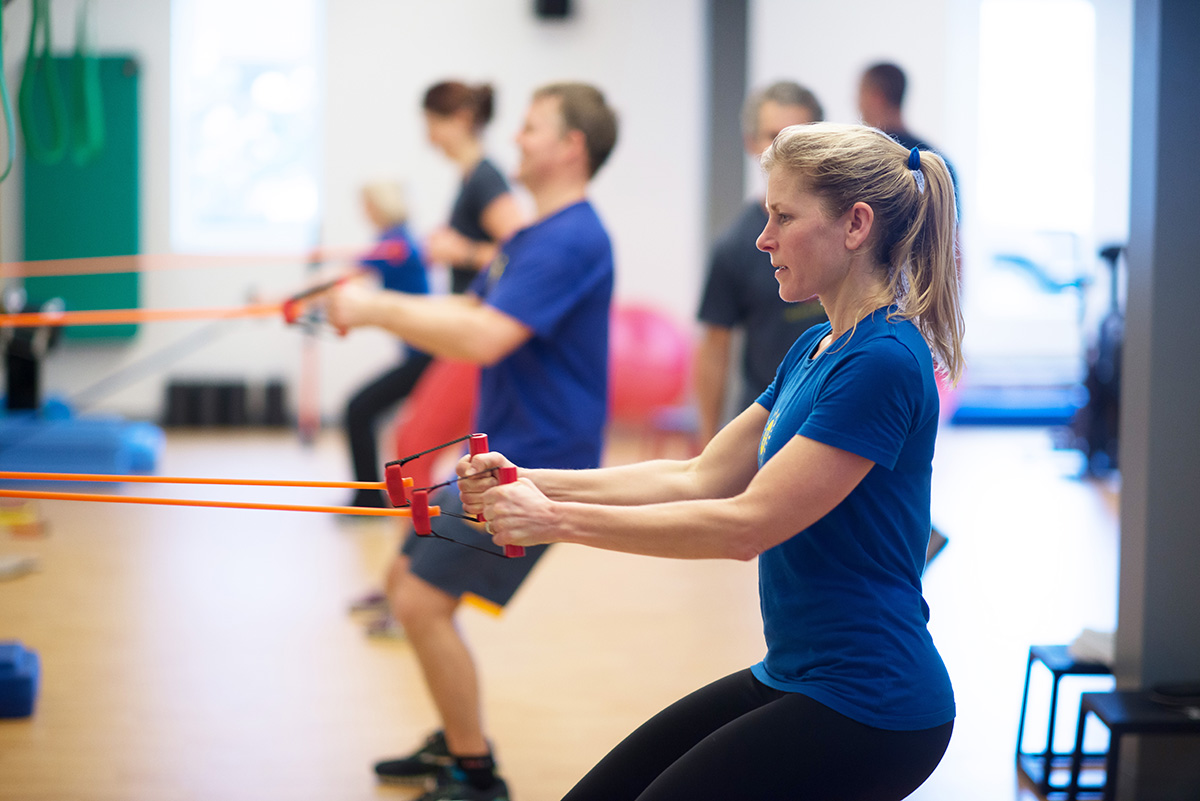What the ClassPass Price Increase Means for Local Studios

A class at Cardio High/photo provided
Search “ClassPass” on Twitter these days, and you’ll find a sea of users who are unhappy with the company’s recent price increase, which raised monthly fees to $180 in Boston. Some are frustrated, some are angry, and many are vowing to walk away from the popular gym-hopping service, which cost just $99 per month when it premiered here in 2014.
“I am breaking up with #classpass rate increase [of] $50 a month,” writes user Rkay11. “Cheaper to pay studios.”
It’s hard to tell if users like Rkay are the norm, or if social media has falsely amplified the community’s anger. Either way, she’s on to something. The ClassPass price increase isn’t only about customers—it’s also affecting studios, for better or for worse.
Mark Goodman, who owns Newton’s Cardio High, says he uses ClassPass to fill classes and gain exposure for his business, which opened last January. Further, Goodman says ClassPass customers offer valuable insight, since they visit a variety of gyms.
Without ClassPass customers, Goodman says, Cardio High would be unlikely to fill many of its classes—though he’s not overly concerned about that prospect, since attendance has stayed solid so far. “If ClassPass were to drop off, we probably would not hit capacity,” he says. “But we’re a new studio, so each quarter we’re becoming busier and busier. Right now, we would have unfilled inventory, but if our growth trend continues, that inventory probably would be filled by our clients.”
Jonathan Cruz, who owns Burn Fitness Studios in the South End, says he hasn’t seen a dip in numbers, either. Even if he did, though, that might not be a bad thing.”What [the cost increase will] probably do is drive more people to buy more individual packages and memberships through us directly,” he says.
Cruz says many ClassPass users end up buying class packs or memberships from Burn, and he says he’s been happy with his two-year partnership with the brand—except in one area.
“They increased their membership [price], but we, as studios, did not see an increase in revenue that was given toward us,” he says. “The reason they’re raising their prices is because the studios have been raising their prices…but then they’re not giving that back to us in return.”
Andrea Lucas, who owns Barre & Soul, knows that feeling well. “I was totally psyched [when they raised the prices],” she says. “If I felt that way, I have to imagine other studio owners felt that way.”
Why would Lucas, who uses ClassPass to fill spots in her studio’s lesser-known yoga classes, want to give up that resource? “I felt that they were undercutting the studios,” she says. “If their price is competing with our price significantly, then they’re not just helping us fill excess spots. They’re taking potential members away from small businesses.”
Higher prices and unhappy customers, then, could equate to users defecting directly to studios like Barre & Soul. Unlike Burn, Lucas says that’s a somewhat rare occurrence at Barre & Soul. Lucas says she gets plenty of repeat visitors from ClassPass, but none have ever bought a Barre & Soul membership.
“It’s better to get something for those unused spots than nothing,” she says. “But like I say, it’s not that simple. If their price is competing with my price, it can be creating a problem for me as a studio owner.”


